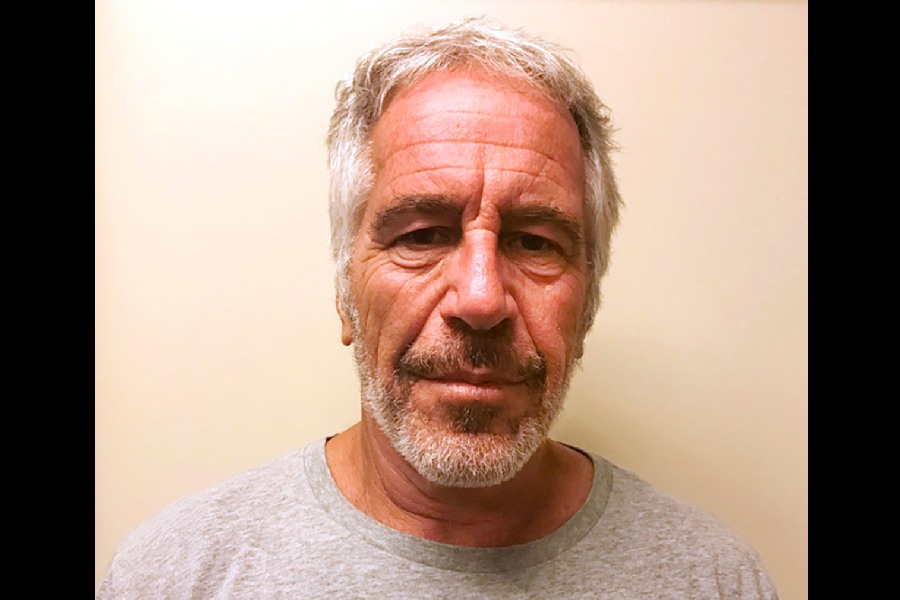Bangalore, Nov. 18: Public distribution system beneficiaries in Karnataka will be able to buy their November quota of food grain and oil on credit.
The aim is to provide immediate relief to the economically weaker sections struggling with little or no cash in the aftermath of the demonetisation drive. However, the Congress government could offer the facility in December too if the crisis continued.
"If the availability of cash doesn't improve in December, we will extend the credit facility till the end of the year," food and civil supplies minister U.T. Khader said today.
He said PDS beneficiaries would be able to avail themselves of the facility from tomorrow.
Chief minister P.C. Siddaramiah had earlier asked his ministers to keep a watch on developments following the scrapping of Rs 500 and Rs 1,000 notes.
"The urban poor may not be that badly hit as some of them have cash in hand. But it's the villagers and people living in highlands and the fringes of forests who have been badly affected by the demonetisation," Khader said.
"Things would have been better had co-operative banks been allowed to accept old notes as they have a good presence in rural areas," he added.
The minister said labourers in tea and coffee estates and the agriculture sector were also facing difficulties. "Their employers don't have cash to pay wages," Khader said.
Those who will buy grain and oil on credit will have to pay the due amount when they purchase rations in January. Their accounts in the computerised public distribution system will reflect the outstanding amount. "I hope cash will be easily available by January," the minister said.
The state offers Above Poverty Line (APL) and Below Poverty Line (BPL) ration cards, depending on the annual income of the beneficiary. APL card-holders get 5kg of rice and an equal amount of wheatfor Rs 15 and Rs 10, respectively, a month. BPL card-holders get 30kg of free rice, besides subsidised sugar and edible oil. Villagers with no cooking gas get kerosene as well.
Both APL and BPL card-holders will get the credit facility.
Khader said the credit facility would not burden the government. "Once the card-holders pay back the dues, ration shop owners will have to deposit the amount to the government," he said.
The government spends Rs 42 crore a month to provide rations to APL and BPL card-holders through a network of more than 20,000 ration shops. Karnataka has so far issued around 35 lakh APL card and nearly a crore BPL cards.
Ration shops are gearing up to meet the likely rush of customers once the facility kicks in tomorrow. Manjunath, who works in a ration shop in the east Bangalore neighbourhood of Doopanahalli, said he was aware of the credit facility and would adhere to the government order.
Nagrathnamma, who ekes out a living by selling snacks near a slum in Ulsoor, just a few kilometres from the upmarket MG Road, can't believe she can buy rations on credit. "Let me get it first," the mother of two said.
"I am yet to purchase my rations this month as I don't have enough money after paying my son's school fees," she said, adding her daily earnings had dropped from over Rs 300 a day to Rs 60 yesterday as the cash crunch as hit street vendors as well.










